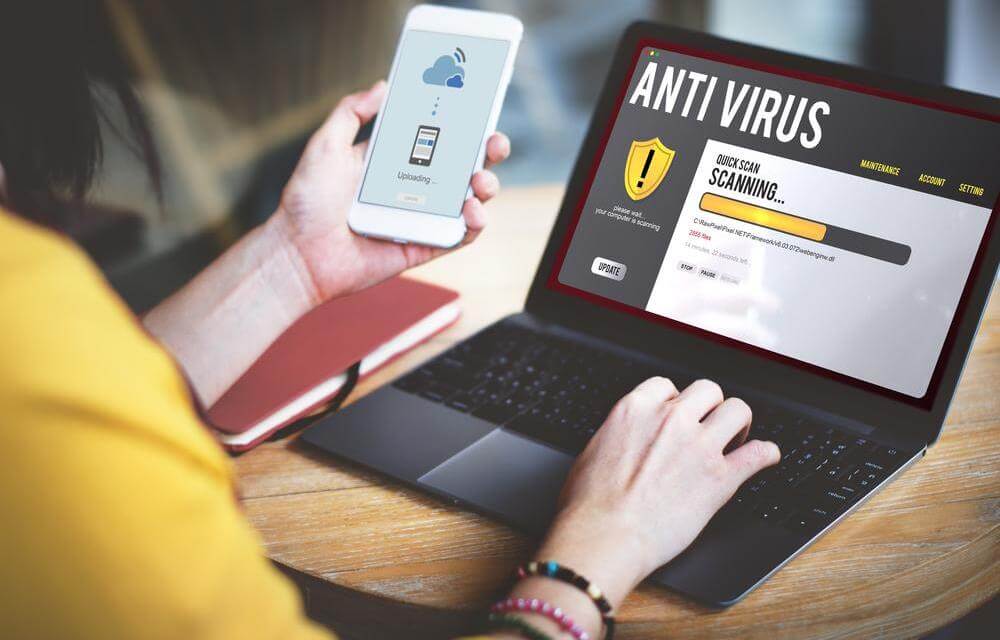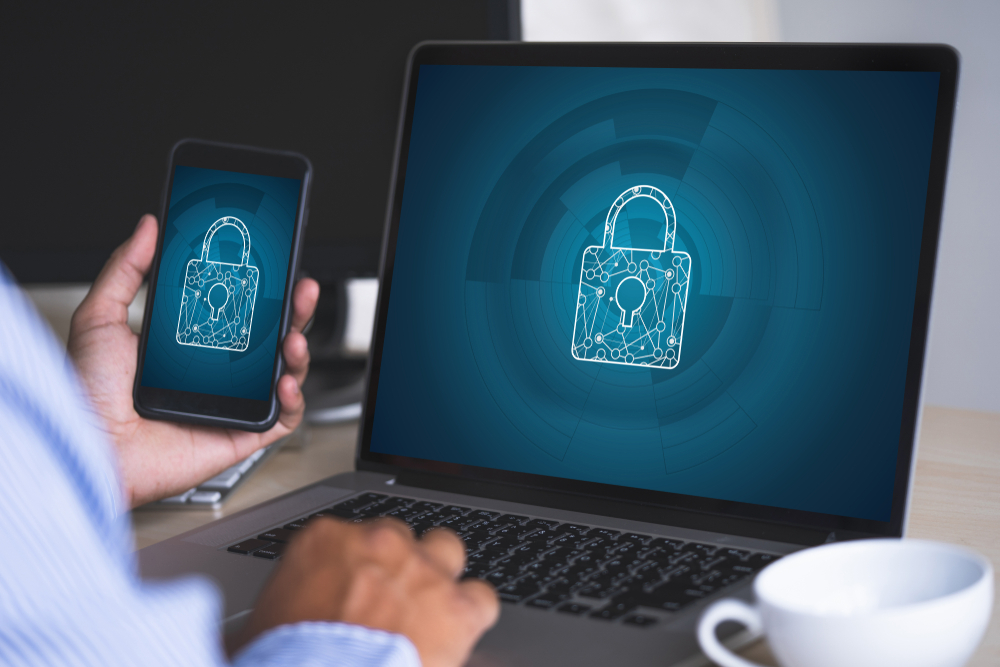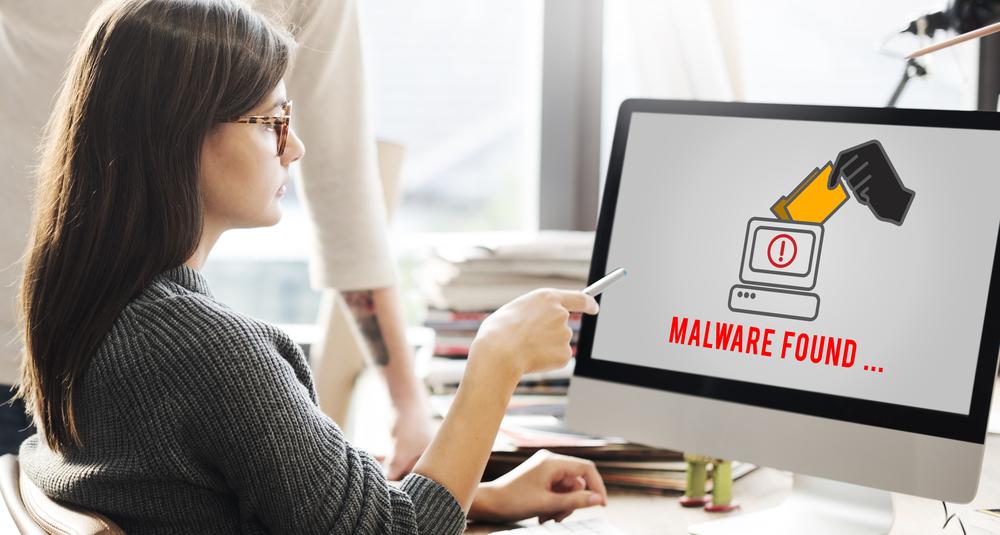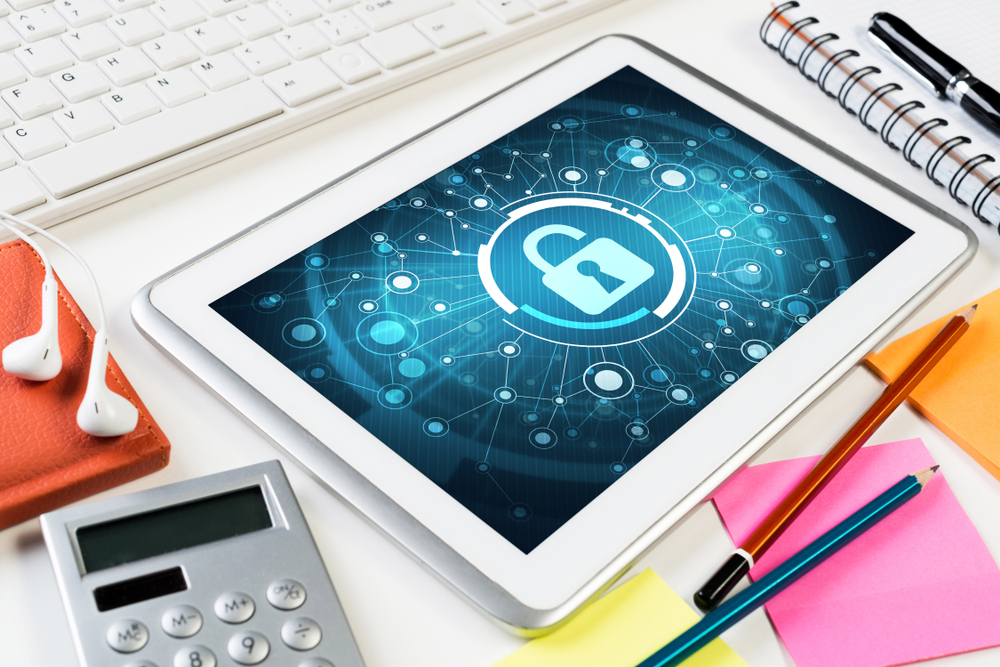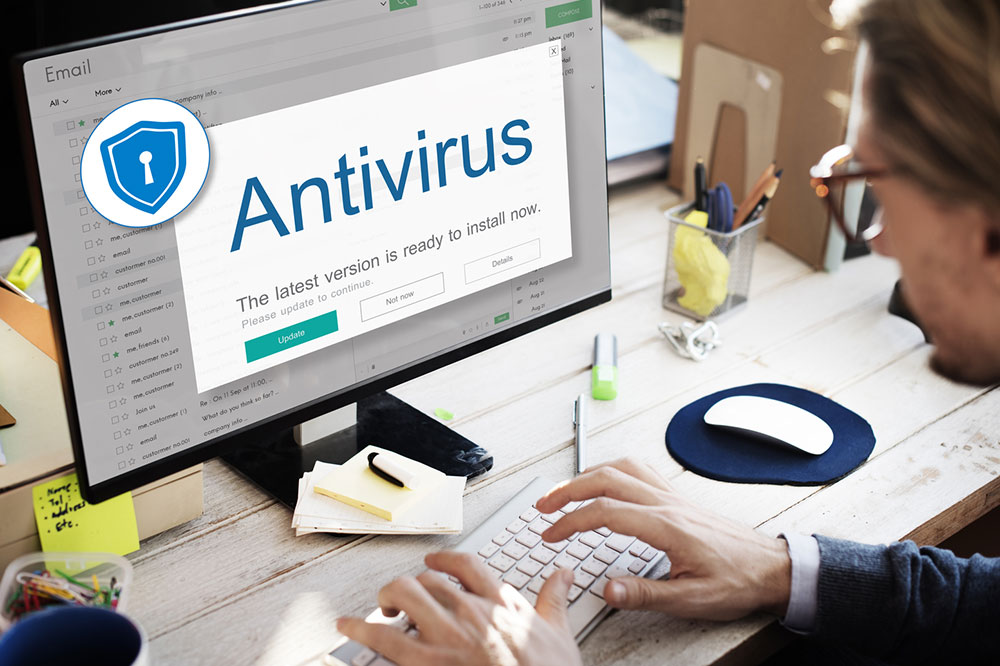How Antivirus Software Affects Your Computer’s Speed and Performance
Explore how modern antivirus software impacts your computer’s speed. Learn about cloud-based antivirus technology, hardware upgrade tips, and best practices to ensure your device remains fast and secure. Discover trusted antivirus options and maintenance strategies to optimize performance without compromising protection.
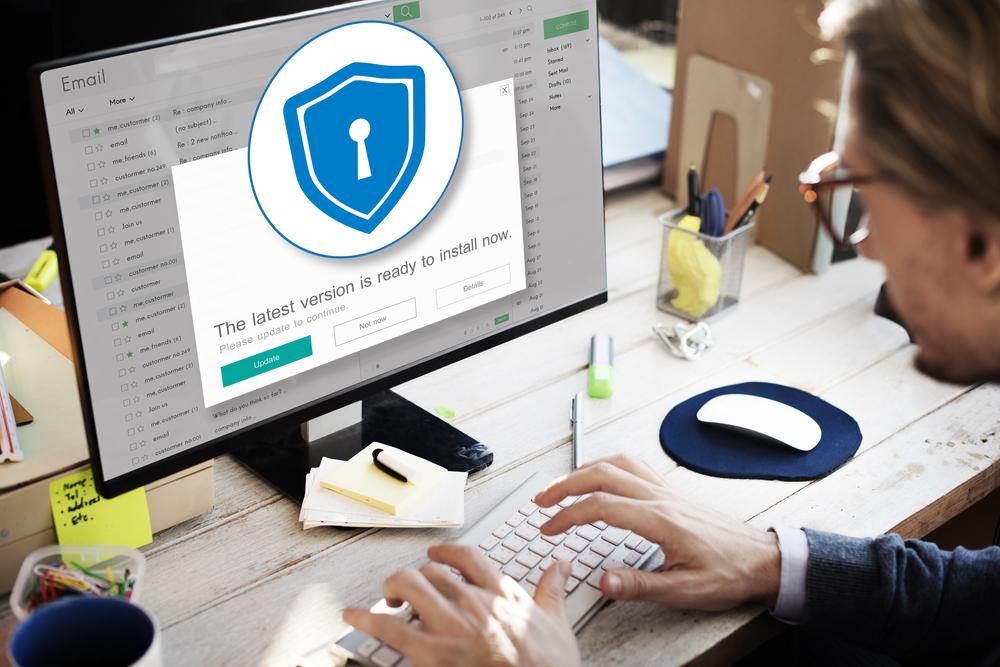
How Antivirus Software Affects Your Computer’s Speed and Performance
Many computer users harbor the misconception that installing antivirus software inevitably causes their devices to slow down, typically estimating an impact of around 5%. This belief stems from past experiences when antivirus programs often consumed substantial system resources during background scans, threat detection, and virus eradication processes. These activities, especially with older hardware, could lead to noticeable lag, decreased responsiveness, and overall sluggishness, impacting productivity and user experience.
However, technological advancements over recent years have transformed how antivirus solutions operate. Modern antivirus programs largely rely on cloud-based processing, which significantly reduces the load on the local machine’s CPU, memory, and disk. This shift not only enhances the efficiency of threat detection but also ensures that system performance remains largely unaffected during routine antivirus activities.
The impact of antivirus software on computer speed can vary depending on several factors, including the hardware specifications of your device and whether it is infected with malware. Devices with a robust processor, ample RAM, and solid-state drives tend to handle antivirus scans more smoothly. Conversely, older or less powerful systems may still experience some slowdown, especially if the antivirus software is not optimized or if there are existing infections that strain system resources.
To maintain optimal performance alongside strong security, consider upgrading your system’s hardware — notably increasing RAM to at least 8GB. Additionally, avoiding unnecessary background applications and performing regular maintenance tasks like disk cleanup and defragmentation can help keep your computer running swiftly. Proper configuration of antivirus settings, such as scheduling scans during off-peak hours, further minimizes any potential impact on daily use.
Many users wrongly believe that antivirus software significantly slows down their systems. While older antivirus versions could tax system resources, newer solutions leverage cloud technology for real-time threat detection, reducing local resource usage. Nonetheless, if your PC has limited hardware capabilities or malware infections, you might notice some slowdown. Choosing trusted antivirus providers like Norton, McAfee, Avast, Bitdefender, AVG, or Avira can help balance security and performance. Regular system updates, hardware upgrades, and careful management of background applications are vital to keeping your computer running smoothly while staying protected.
Systems with limited RAM (under 4GB) may experience slowdowns when running heavy antivirus programs. Upgrading to at least 8GB RAM is recommended to ensure seamless operation. Well-known antivirus solutions such as Kaspersky perform efficiently on systems with 4GB or more and can provide years of reliable protection if malware threats are kept at bay. Routine system maintenance and cautious internet practices, like avoiding suspicious downloads and pop-ups, are essential in maintaining both speed and security.
